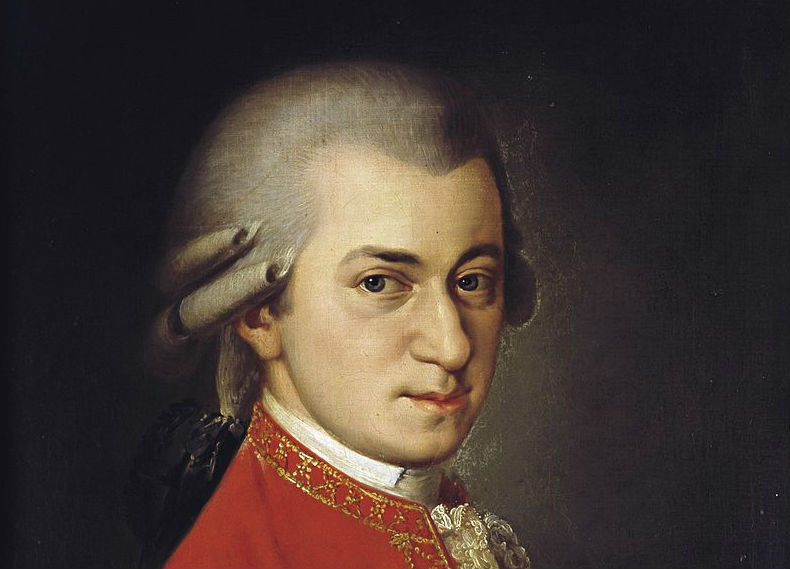
It’s one of the great masterworks of Western music, complete with an achingly great backstory: the genius composer who’d set aside all sacred music for years wrote a funeral mass while lying on his own deathbed after receiving a commission from a mysterious patron. According to the movie Amadeus, Mozart dictated the music, already fully formed and orchestrated in his mind, to rival composer Salieri.
https://www.youtube.com/watch?v=tlPQD04tn88
Real life was more complicated.
Mozart did turn to writing his Requiem while he was dying. It was a commission from an unknown benefactor. But he sketched it out in bits and pieces, just like any composer would. What’s more, he didn’t finish the job.
Just how much Mozart set to paper before he died isn’t really clear. He’d finished two movements and left notes regarding at least portions of the remainder. He’d also already been paid for an entire funeral mass, and his widow, Constanze , was scared she’d have to pay the money back if she couldn’t hand over a finished Requiem. So she quickly sought out other composers to complete the work.
First she went to Joseph Eybler . He was a choir master in Vienna, a good friend of Mozart, and something of a specialist in sacred music. He fleshed out a few portions, but returned the music to Constanze , seemingly intimidated by the work.
Next, Constanze looked to one of her husband’s students and occasional employee, a man who may have collaborated on one of Mozart’s violin concertoes and a portion of one opera. Franz Xavier Suessmayr may have assisted with work on the Requiem before Mozart’s death and had an understanding of what his teacher had intended that went beyond what harmonies had been sketched out on paper. He certainly finished the Requiem, saving Constanze from having to offer a refund. But the two never agreed on how much credit Suessmayr should take for the finished work.
The widow contended that all of the musical ideas were essentially her husband’s, only fleshed out and assigned to particular voices and instruments by the composers she hired. Suessmayr , however, said he was responsible for every note in the Sanctus, Benedictus and Agnus Dei. Most of the notes left behind by Mozart didn’t survive, leaving it harder to determine which claim was correct.
Generations of musical experts haven’t managed to agree. Some critics say portions of the work Suessmayr claimed as his own were far too good (and too typically “Mozart-like) to have come from anyone but the master. Others, perhaps most notably conductor Bruno Walter and composers Richard Strauss and Benjamin Britten, said they could see Suessmayr’s clumsy hand in passages that they considered unworthy of Mozart’s name.
A handful of composers and musicologists, dissatisfied with Suessmayr’s work, have made their own attempts at finishing the Requiem. This weekend, the Nashville Symphony Orchestra and Chorus will perform the version completed in the early 1990s by Robert Levin.
